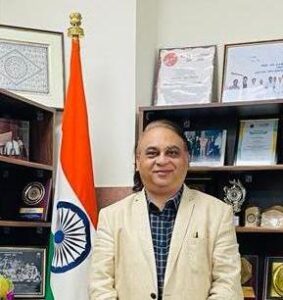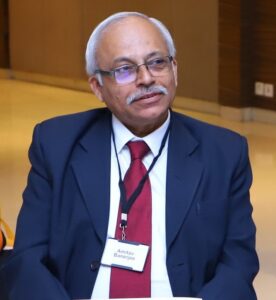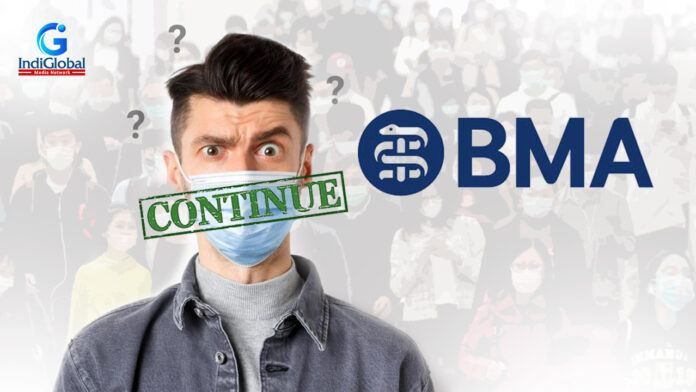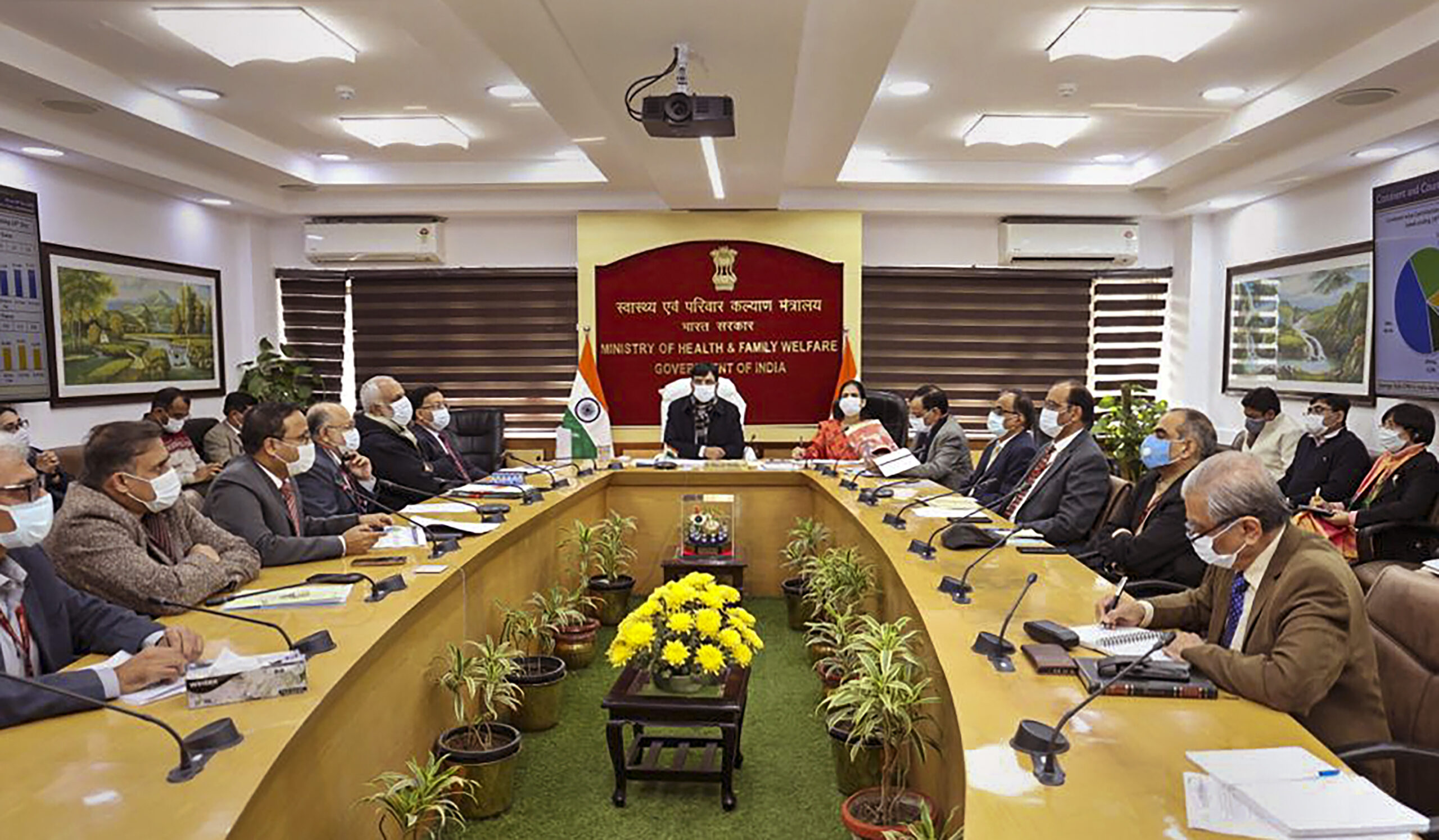IndiGlobal Media Bureau
Kaniza Garari
Should the restrictions of Covid-19 continue or must they be stopped? Are masks mandatory? Is self-isolation required?
United Kingdom has decided to lift legal restrictions of self-isolation from February 24th . This decision is a month before the scheduled deadline of March 24th .
Governments across the world are reviewing their guidelines on restrictions as normal living is important as SARS-Cov 2 has affected majority populations across the world.
 This means that the spread of infection has also brought about immunity in different population groups. With vaccination of four doses in most of the Europe, United States of America, Saudi Arabia, Asia and South-East Asia there is now a re-think on the overall scenario.
This means that the spread of infection has also brought about immunity in different population groups. With vaccination of four doses in most of the Europe, United States of America, Saudi Arabia, Asia and South-East Asia there is now a re-think on the overall scenario.
This means that the economy of countries has to be brought back on track. With Covid-19 precautions there were restrictions on travel, work from home and on-line education. These are now being done away with to restore normalcy as virus threat reduces.
What are the steps being taken?
- Masks are not mandatory.
- Testing for Covid 19 is not compulsory
- Those suffering from the disease are not required to self-isolate.
These steps have been taken in United Kingdom which has got the British Medical Association to state that these lifting of Covid-19 restrictions are ‘premature’ and ‘not based on evidence’. BMA has also cautioned against dropping testing and self-isolation stating that it could result in spike in cases.
These steps are closely watched across the World as different Governments are now to evolve their strategy.
Experts in India state that the lifting of restrictions is based on:
- Omicron impact – It was highly infectious but mortality was less. Lessons learnt from First and Second Wave provide data on handling of symptomatic cases.
- Vaccination – With populations of the world getting vaccinated there is now protection offered.
- Three variants of Covid 19 have created a Herd Immunity which has also offered protection to people.
 Dr Vikas Bhatia, Executive Director, All India Institute of Medical Sciences, Bibinagar in Telangana explains, “The virus has affected maximum populations across the world. Hence scientifically, self- isolation does not help anymore. People have been infected and developed immunity. There are other issues of mental health which have come to the fore due to the self-isolation and that too must be kept in mind before imposing restrictions. The restrictions are being lifted keeping the larger picture in mind.”
Dr Vikas Bhatia, Executive Director, All India Institute of Medical Sciences, Bibinagar in Telangana explains, “The virus has affected maximum populations across the world. Hence scientifically, self- isolation does not help anymore. People have been infected and developed immunity. There are other issues of mental health which have come to the fore due to the self-isolation and that too must be kept in mind before imposing restrictions. The restrictions are being lifted keeping the larger picture in mind.”
Examples across the world narrate a different story:
Israel – Four doses of vaccine have been given to the population. Yet after Omicron the cases continue and so does mortality. Despite that Israel has opened its tourist’s section and vaccination status of tourists is not required anymore.
Australia – After two years of stringent restrictions the country is now opening up for tourists.
Sweden – Continued to live a normal life throughout the pandemic and cases were controlled in all the Three Waves of Covid-19.
These different examples and internal situation of each country is being analysed by scientific experts. Economic considerations are also being taken into account to decide on the course of action. The overall situation is taken as a yardstick to decide whether there must be partial or moderate restrictions.
 Professor Dr Amitav Banerjee, Epidemiologist, Dr D Y Patil Medical College, Pune says, “Moving ahead, restrictions have to be lifted as the human body has a coping mechanism. The treatment modalities are now present. Testing asymptomatic people is also not required as it does not serve any purpose. The lifting of restrictions is important to restore normalcy and let people live freely.”
Professor Dr Amitav Banerjee, Epidemiologist, Dr D Y Patil Medical College, Pune says, “Moving ahead, restrictions have to be lifted as the human body has a coping mechanism. The treatment modalities are now present. Testing asymptomatic people is also not required as it does not serve any purpose. The lifting of restrictions is important to restore normalcy and let people live freely.”
In India, completion of two doses of vaccine, growing natural immunity and better resistance during Omicron have shown that there is now an in-built coping mechanism to deal with SARS-Cov 2 and its variants.








